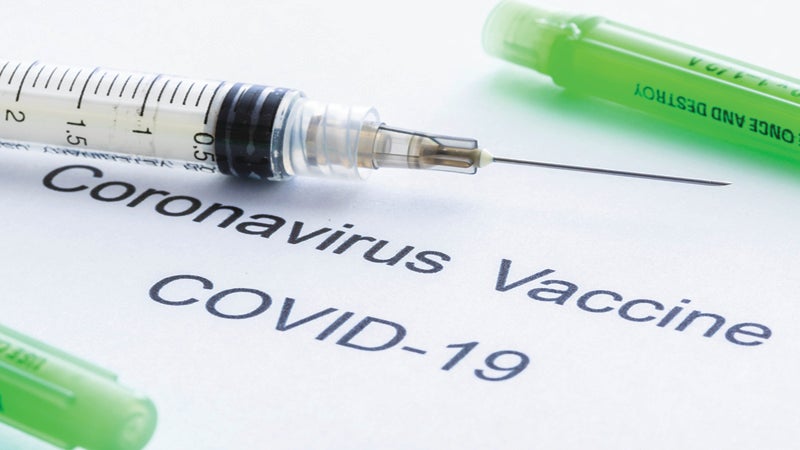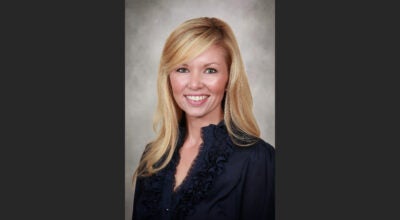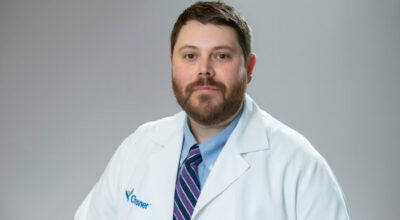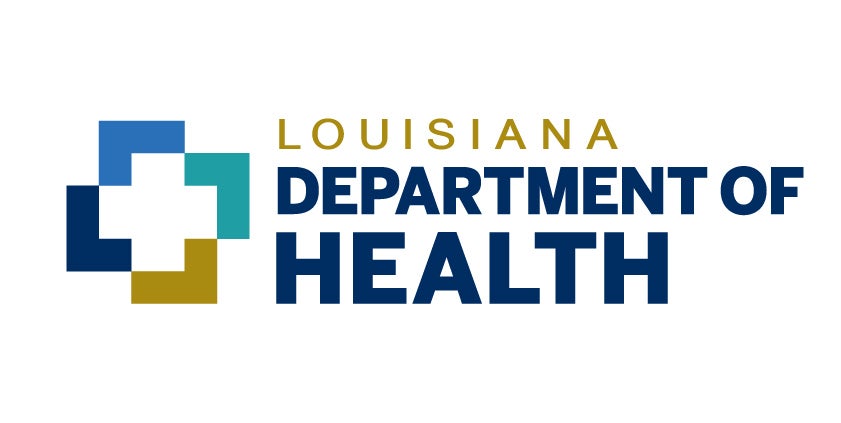Griffin: Screen out cancer
Published 12:00 am Saturday, July 11, 2020
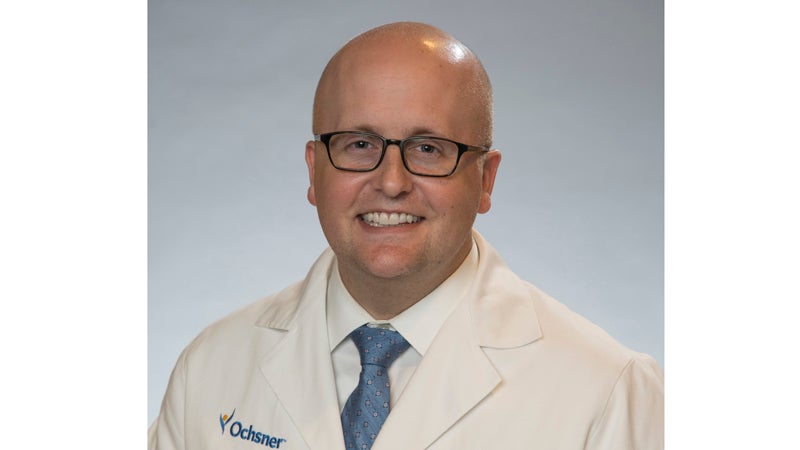
- Dr. Ryan Griffin
|
Getting your Trinity Audio player ready...
|
New data from the Centers for Disease Control and Prevention (CDC) shows a drop in cancer death rates during the 20-year period from 1999 to 2018. Each year, the death rate continued to decrease, resulting in a 26 percent drop overall. Although lung cancer is still the leading cause of cancer death, deaths from lung cancer have decreased 37 percent overall from 1999 to 2018.
Early detection can save your life.
Routine cancer screenings can help diagnose conditions early, when they are easier to treat. Having regular visits with your physician is an important way to stay healthy throughout your life. It’s important to talk with your doctor about when and how often you should be screened. This may depend on your personal health history, family health history or past screening results.
Colonoscopy
A colonoscopy is a procedure used to detect cancer of the colon and rectum. It takes about 30 minutes, and you will be sedated to prevent discomfort. A colonoscopy screening is recommended every 10 years for adults without other risk factors, starting at age 50 (the American Cancer Society recommends starting at age 45). Gastroenterologists generally perform colonoscopies. Click here to schedule a colonoscopy.
Skin Check
Skin checks are examinations of skin surfaces to detect cancer. It is recommended that adults undergo skin checks annually starting at age 18. Dermatologists generally perform this screening. To schedule a skin check, click here.
Mammogram
A mammogram is a radiologic procedure used to detect changes within the breast tissue that could indicate breast cancer. It is recommended for women at age 40 to receive a mammogram annually. Depending on specific risk factors, some women are recommended to undergo breast MRIs and mammograms, starting at an earlier age. Your primary care doctor or OB/GYN can order these tests for you. Learn more here.
Pap Smear
A Pap smear is the examination of a small sample of cells to detect pre-cancer or cervical cancer. A Pap smear is recommended every three years for women, starting at age 21. An OB/GYN generally performs this screening. Click here to schedule your pap smear.
Prostate Cancer Screening
Prostate cancer screenings are recommended for men starting at age 40. Talk with your doctor about which screening exam is right for you. A urologist generally performs prostate cancer screenings. Schedule your screening now.
Lung Cancer Screening
Lung cancer screenings are recommended for adults between the ages of 55 and 80 who have a history of smoking 30 packs of cigarettes or more each year and who either currently smoke or have quit within the last 15 years. Our lung cancer screening uses the lowest radiation CT scan available, which produces a 3D image of your lungs. The screening is non-invasive, and you don’t have to do anything special to prepare. There are no injections or dyes to drink. The scan takes less than five minutes. Learn more here.
Dr. Ryan Griffin earned his medical degree from Louisiana State University School of Medicine in New Orleans in 2011. He completed his Residency in Internal Medicine at Ochsner in 2014, as well as a Chief Residency in Internal Medicine in 2015. He completed his Fellowship in Hematology / Oncology at Ochsner in 2018.


